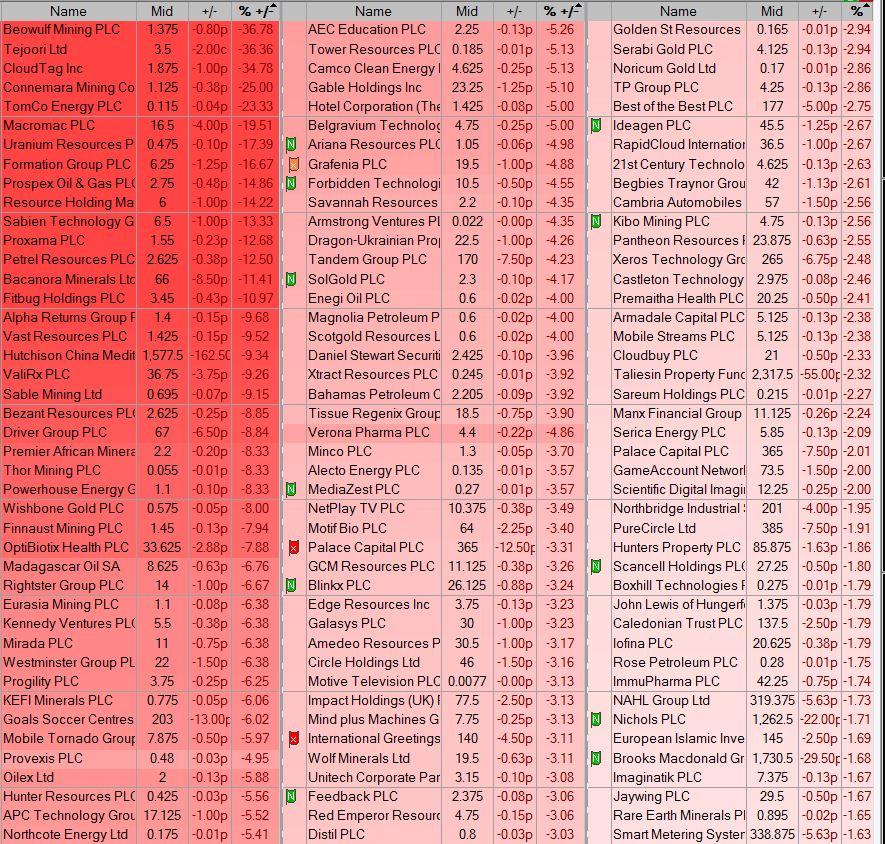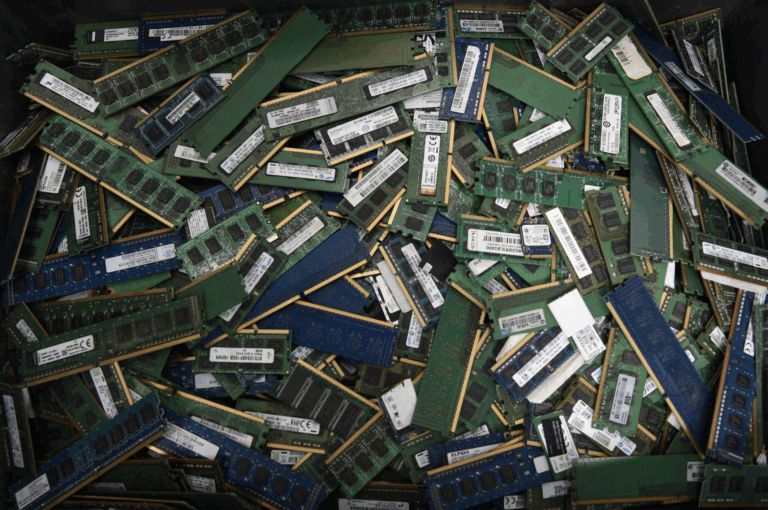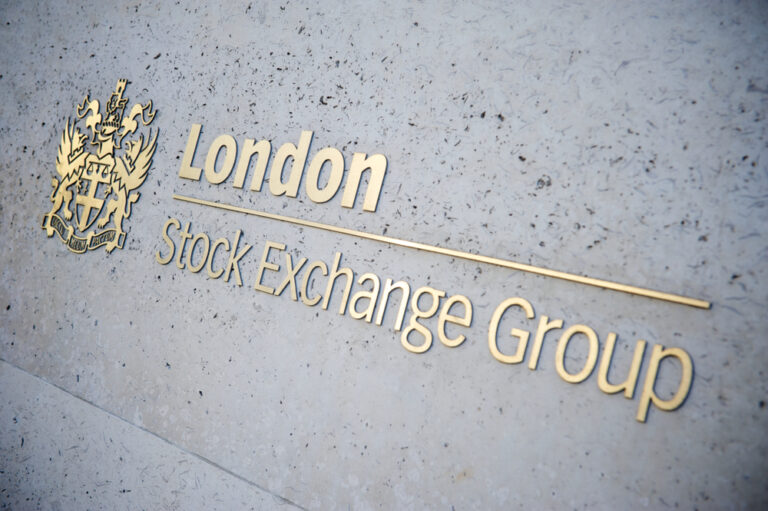Spinal medical devices developer TruSpine Technologies (LON: TSP) is pursuing the implementation of a Bitcoin treasury policy. Fundraising opportunities are being assessed. The share price soared 195% to 1.55p.
Investment company Gledhow Investments (LON: GDH) had cash of £217,000 out of net assets of £938,000 at the end of March 2025. This is before the acquisition of a portfolio of investments for £441,000 in shares and convertible loan notes. A general meeting is being held on 23 July to reduce the nominal value of the ordinary share price from 1p to 0.1p. This is so the loan notes can be converted at 0.425p/share. The share price jumped 135% to 1p.
Customer loans business Amazing AI (LON: AAI) raised £123,000 at 0.5p/share at the beginning of the week. This is for working capital and preparing for the new Bitcoin treasury policy. There are talks with the world’s largest regulated custodian of Bitcoin to be the company’s custodian, which could provide finance of up to 50% of Bitcoin assets. A subsidiary is being set up in Mauritius to hold Bitcoin. Another fundraising is being explored. Bitcoin purchases could start in July. On Friday, the share price was suspended at 5.5p, which is 22.2% higher on the week.
Thomas Grant Nominees has reduced its stake in Shortwave Life Sciences (LON: PSY) from 4.75% to 3.53%. The share price is one-fifth higher at 0.15p.
The Artha Global Opportunities Fund has raised its shareholding in Invinity Energy Systems (LON: IES) from 4.25% to 5.09%. There is interest from UK battery developers who wish to use the company’s ENDURIUM batteries in projects. Bids are under review by Ofgem, and final assessment will be in the first half of 2026. The share price rose 11.4% to 24.5p.
Ananda Developments (LON: ANA) has manufactured 40 litres of MRX1 and 40 litres of a placebo. This will be used in the phase 2 trials for chemotherapy induced peripheral neuropathy and endometriosis-associated pain, as well as a separate phase 1 trial in Australia. The share price rose 8.93% to 0.305p.
Tamar Minerals (LON: TMR) has sold its 27.1 million shares in AIM-quoted Kazera Global Investments (LON: KZG) for £352,000. This will be spent on exploration in Devon and Cornwall. The Tamar Minerals share price increased 6% to 2.65p.
Investment company TechFinancials (LON: TECH) had no revenues in 2024. There was $170,000 in cash at the end of 2024 after a cash outflow from operating activities of $189,000. The share price improved 5.71% to 0.185p.
Daniel Thwaites (LON: THW) bought 250,000 of its shares at 74p each. Director RAJ Bailey bought 50,000 shares at 74.01p each. He owns 1.43%. The share price moved up 4.52% to 81p.
Brewer Shepherd Neame (LON: SHEP) has appointed Panmure Liberum as its corporate adviser and broker. The share price edged up 1.01% to 500p.
FALLERS
Vault Ventures (LON: VULT) is broadening its treasury policy to include Solana. So far, Vault Ventures has bought 2.07606 Bitcoin and 437,843 Ethereum. The share price slumped 67.6% to 0.0275p.
Vaultz Capital (LON: V3TC), previously Helium Ventures, has initially purchase 10 Bitcoin for £774,570. The share price dived 62.2% to 16.5p.
There has been profit-taking in The Smarter Web Company (LON: SWC) with a three-fifths decline to 200p. This follows a £41.2m fundraising at 290p/share. The company owns 543.52 Bitcoin with a cost of £42.4m. Directors have been buying shares at below the fundraising price.
Hot Rocks Investments (LON: HRIP) has subscribed for 7.5 million shares In Mendell Helium at 2p each, compared with a market price of 2.625p, down 30%. The fundraising totalled £515,000. The Hot Rocks Investments share price halved to 1.25p.
Coinsilium (LON: COIN) reported an increase in loss from continuing operations from £580,000 to £988,000. Bitcoin holdings have increased to 58.3157 with a total value of £4.59m. Management is seeking shareholder approval for the issue of more shares. The share price slipped 47.6% to 27p.
NYCE International (LON: NYCE) has established ClickSpin Media, which is a performance marketing agency for online casinos and sportsbooks, and Karim Abbassi is chief executive. The share price dipped 36% to 0.08p.
Marula Mining (LON: MARU) says positive tests of copper grades by an offtake partner has led to negotiations about an initial three-year offtake agreement relating to Kinusi mine for up to 2,000t/month of copper concentrate and 1,000t/month of copper cathode. An initial shipment Is planned for July. Test work on lower grade material has been positive. Testing at Blesberg shows that ore comprises both microline and plagioclase feldspar material and comprises between 60% and 80% feldspar. The share price fell 13.8% to 3.125p.
Recycling business Majestic Corporation (LON: MCJ) in revenues by two-thirds to $49.3m in 2024, Pre-tax profit was flat at $1m. There is $1.5m in the bank. Capacity has been expanded via acquisition. The share price edged down 4% to 120p.











